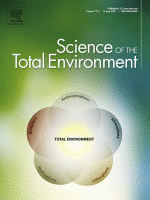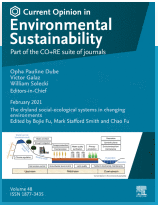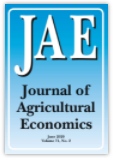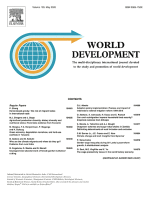
International trade, together with foreign direct investment (FDI), promotes economic integration with complex global supply value chains, which is now recognized as a crucial factor in determining CO2 emissions.

Economic development in a contemporary setting encompasses a broad range of parameters. This balanced panel study of 30 countries uses two single-equation models to investigate the impacts of natural resource abundance, international trade, financial development, trade openness and institutional quality on two proxies for economic development – economic growth and a human development index.

In a world of resource constraints and value preferences, trade-offs are everywhere. Trade-offs exist within and between almost all of the components and processes of the social-ecological systems (SES).

Using a new detailed dataset on country-product information on European Union (EU) Geographical Indications (GIs), we study the impact of this food quality policy on trade margins over the 1996-2014 period.

It has long been established in theory that uncertainty impacts on firm behaviour. However, the empirical basis for quantifying the uncertainty-reducing effects of trade agreements has not been firmly established.

Environmental provisions in preferential trade agreements (PTAs) are increasing in terms of their number and variety. The economic effects of these environmental provisions remain largely unclear.

When WHO declared the COVID-19 outbreak a Public Health Emergency of International Concern (PHEIC) on Jan 30, 2020, under the provisions of the International Health Regulations (2005) (IHR), it recommended against “any travel or trade restriction”.

We offer a new explanation as to why international trade is so volatile in response to economic shocks. Our approach combines the idea of uncertainty shocks with international trade.
